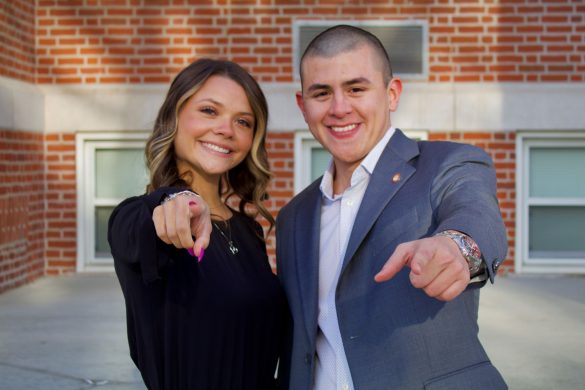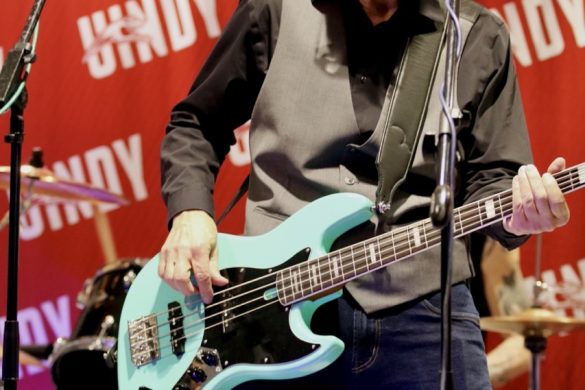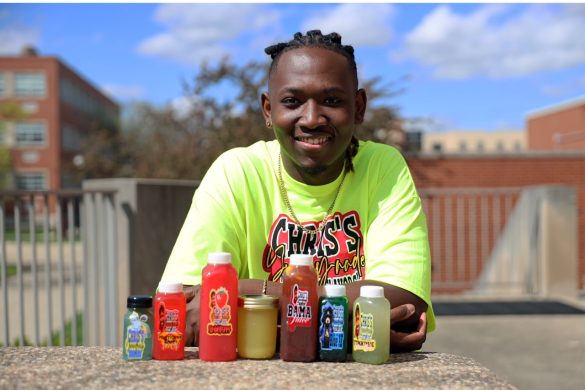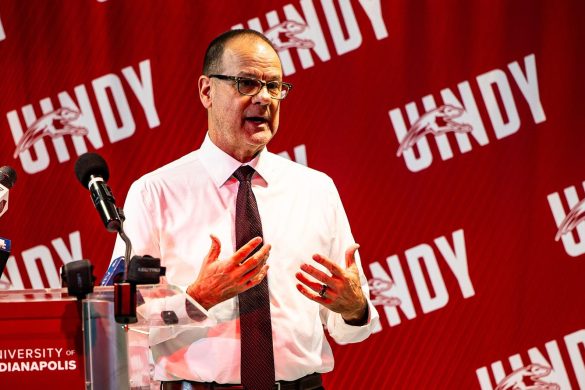Why is that some freshmen succeed academically and stay at the University of Indianapolis while others struggle and decide to leave? This is one of the questions Project LEAD is attempting to answer as the program begins its first year.
“Project LEAD is designed to help students develop their potential and identify students who could benefit from additional built-in support and built-in programming that gets them a good start,” said director of admissions Ron Wilks. “We also want to encourage the students to become leaders and have them take advantage of programming more designed on leadership development.”
Wilks and other faculty members sat down to discuss why certain students do well while others fall back in their academics their first year, which is how Project LEAD was created.
“Some of those reasons [that students fail] could be financial or it could be that they didn’t get connected,” Wilks said. “So then we look at these students characteristics. The hope is that we learn from this process through Project LEAD and hopefully, we see more of these students getting connected, stay here and graduate.”
Around 70 incoming freshmen were invited into the program and approximately 45 to 50 will participate in the pilot year of Project LEAD. All of them will live in Cory Bretz and be evenly assigned to four leaders that will be living there as well.
Sophomore psychology and occupational therapy major Mary Kirkland looks at her leader position as being an academic mentor for the freshmen.
“In simple terms, we’re peer mentors,” Kirkland said. “We’re not RAs, so we’re there more to help academic wise. We can help them with homework and if we can’t, we try to get them connected to whoever can assist them. We try to lead them in certain directions to become a leader.”
Not only will the students meet and work together with their group, they will have workshops, have guest speaker presentations and create a portfolio that shows their work throughout the year and gives them a chance to critique the program’s first year.
If the students continue with the program and meet certain requirements, they can receive a scholarship to assist them in paying for school.
While the leaders are not technically RAs, sophomore exercise science and physical therapy major Regan Johnson hopes to connect with the freshmen and be another source for them.
“I wanted to be active on UIndy’s campus and I think since I was a freshman last year, I wanted to also make the impact that my RAs had on me. It’s just a good way to help the freshmen adapt to the new environment and be a resource,” Johnson said. “My goal is to help them meet all the criteria they need, such as their GPA and to present tips throughout the workshops we do. I also want them to feel comfortable coming to us when they have questions and utilizing everything the campus has to offer.”
Wilks hopes to look back at the Project LEAD students’ first year and see whether the program assisted in their success, which will then help them figure out what they can adjust to make the program more beneficial.
“After this year, we can see how the students progressed through the year, like did they do well or maybe they did not do so well,” Wilks said. “We can then look back and see if they benefitted from getting involved, stayed connected on campus and worked on becoming leaders. There also might be a way to look at students who were invited to the program but did not join and compare them to someone who went through the program and see if it had an impact.”
While the leaders are eager to see if the program will have a positive impact on the freshmen, Johnson has high expectations for Project LEAD.
“These students were not forced into the program, they accepted it,” she said. “So, I think that shows that people are willing to give it a chance and they think it’s a good idea, so I have high hopes for it.”








